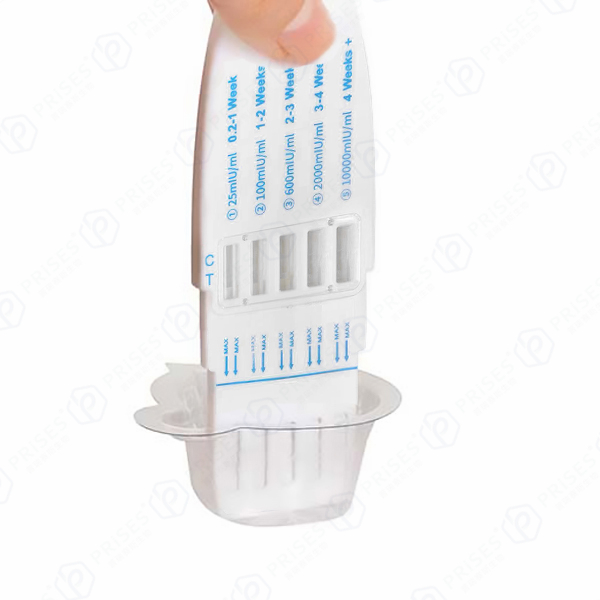Jul . 21, 2024 01:04 Back to list
Affordable and Reliable HCV Rapid Test Kits Manufacturing for Accurate Hepatitis C Diagnosis
Revolutionizing Hepatitis C Testing The Role of HCV Rapid Test Factories
Hepatitis C virus (HCV) is a significant global health concern, affecting millions of people worldwide. The World Health Organization estimates that about 71 million people are chronically infected with HCV, which can lead to severe liver disease and increases the risk of liver cancer. Timely diagnosis and treatment are crucial to controlling the spread of the virus and mitigating its impact on health. This has led to a surge in demand for efficient and accessible testing methods. Among the most promising advancements are HCV rapid test factories that produce quick and reliable testing solutions.
Revolutionizing Hepatitis C Testing The Role of HCV Rapid Test Factories
The operational dynamics of HCV rapid test factories highlight the intersection of innovation, technology, and public health. These factories utilize cutting-edge manufacturing processes to produce test kits that are not only quick but also cost-effective. By streamlining production and leveraging advancements in diagnostics technology, these facilities are capable of meeting the needs of various healthcare settings, from large hospitals to remote clinics.
hcv rapid test factory

An essential component of HCV rapid test factories is quality control. Ensuring that test kits maintain high accuracy and reliability is paramount. The production process involves rigorous testing and validation to comply with international health standards. This focus on quality helps build trust in the diagnostic tools, which is essential, especially in regions where hepatitis C remains endemic. Healthcare providers and patients alike must rely on the accuracy of these tests for effective disease management.
Another critical aspect of HCV rapid test factories is their role in enhancing global health equity. In many low- and middle-income countries, access to healthcare is often limited, and traditional laboratory testing is not readily available. Rapid test factories can play a crucial role in these contexts by providing affordable, easy-to-use test kits that can be implemented in various healthcare settings, including community health centers and mobile clinics. This accessibility not only increases testing rates but also empowers local healthcare systems to respond more effectively to the hepatitis C epidemic.
Despite the advancements in rapid testing technologies, challenges remain. The integration of these tests into existing healthcare frameworks requires training for healthcare providers, public awareness campaigns, and, importantly, follow-up care for those who test positive. It is vital to ensure that patients have access to appropriate treatments and support services following a positive diagnosis.
In conclusion, HCV rapid test factories represent a significant leap forward in the fight against hepatitis C. By providing fast, accurate, and affordable testing solutions, they enhance the capabilities of healthcare providers and improve patient outcomes. As global health initiatives continue to focus on eliminating hepatitis C, the role of these factories becomes increasingly crucial. Investing in innovation, ensuring quality control, and promoting global access to rapid testing can help pave the way toward a world where hepatitis C is no longer a public health threat. Together, we can work towards achieving universal testing and treatment, ultimately leading to the eradication of this insidious virus.
-
Dengue NS1 Rapid Diagnostic Test Kit
NewsMar.07,2025
-
Dengue NS1 Rapid Diagnostic Test Kit
NewsMar.07,2025
-
Dengue NS1 Rapid Diagnostic Test Kit
NewsMar.07,2025
-
Transferrin Rapid Test Cassette Tumor Marker TF Card
NewsMar.07,2025
-
Malaria Pf Pan Rapid Diagnostic Test Kit
NewsMar.07,2025
-
malaria pf / pan ag rapid test
NewsMar.07,2025

